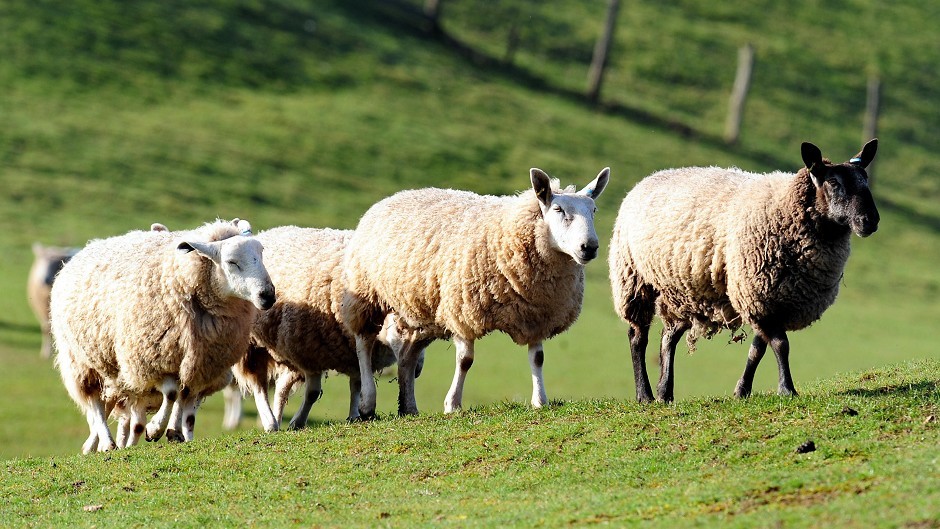Farmers and crofters are being warned of a high risk of liver fluke disease in cattle and sheep this autumn.
The latest Nadis Parasite Forecast, sponsored by Merial Animal Health, warns that Scots sheep and cattle are at particularly high risk of infection.
“Preventative treatment to prevent acute liver fluke disease in sheep will almost certainly be required in Scotland,” said Merial veterinary adviser Sioned Timothy.
“In these circumstances triclabendazole is the most appropriate choice of treatment. It is effective against all stages of fluke, including the early immature stage which causes acute disease.”
Producers should also avoid grazing in contaminated or poorly-drained fields, if land and space allows, added Ms Timothy.
She said in some cases affected sheep would simply be found dead following exposure to a sudden and high fluke challenge – in these cases a post-mortem examination is recommended to confirm diagnosis and allow measures to be put in place to protect the rest of the flock.
“Cattle will also be at risk of fluke infection this autumn though do not generally suffer from the effects of acute fluke,” added Ms Timothy.
“We suggest that farmers consider the use of alternative flukicides which target the later stages of fluke – these are more likely to cause clinical and subclinical disease in cattle. Using alternative flukicides to triclabendazole when appropriate will help to reduce selection for resistance.”
She said farmers should seek advice on what product to use from their vet.
For producers buying in breeding stock, Ms Timothy said quarantine was a vital part of a robust parasite control programme because purchased stock could bring a range of worms and fluke onto farms, including resistant strains.
“All farms must maintain their biosecurity to protect their health status, and prevent the introduction of disease threats including parasites along with new animals.
“Rigorous implementation of a quarantine protocol, developed in conjunction with a vet, will minimise the risk of new parasites and resistant strains being brought on to the farm,” said Ms Timothy.
